Opinions split: the State Duma proposes to expel underage migrants who do not attend school
About half of them do not attend school
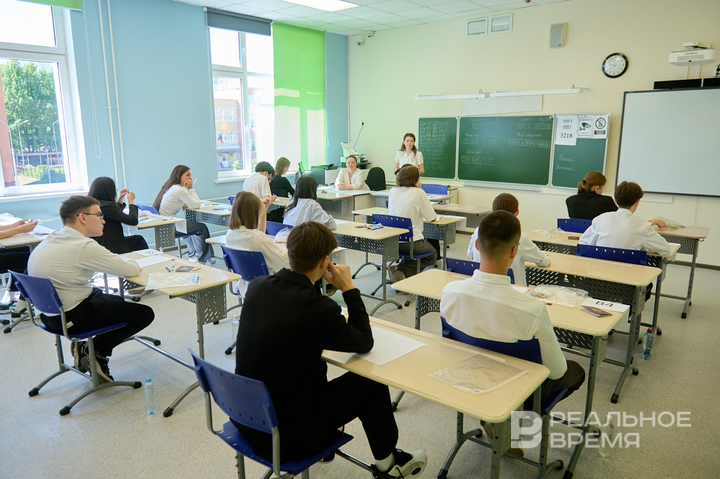
The State Duma has proposed to expel families of migrants whose children do not attend school. According to statistics from the Ministry of Internal Affairs, more than 638,000 foreign children live in Russia, 50% of them do not attend school. And the opinions of Realnoe Vremya experts on this issue are divided: on the one hand, such a large number of children must be assimilated, which will help the Russian economy, on the other hand, education puts a heavy burden on the social sphere. Read more about the advantages and disadvantages of the initiative in the report of Realnoe Vremya.
Half of migrant children do not attend school
Deputy head of the New People faction, State Duma deputy Sardana Avksentyeva proposed that the head of the Russian Ministry of Internal Affairs Vladimir Kolokoltsev expel underage migrants with their parents if they do not attend school without good reason.
She noted that in Russia there is a steady trend towards an increase in the number of foreign citizens arriving in the country with their families. According to the Ministry of Internal Affairs, more than 638,000 underage migrants currently live in Russia.
“The situation in which the number of migrant children who do not attend school reaches 50% is of particular concern. In particular, in Moscow there are more than 80,000 migrant children, while only 25,000 of them study in schools, which confirms the existence of a systemic problem,” she said.
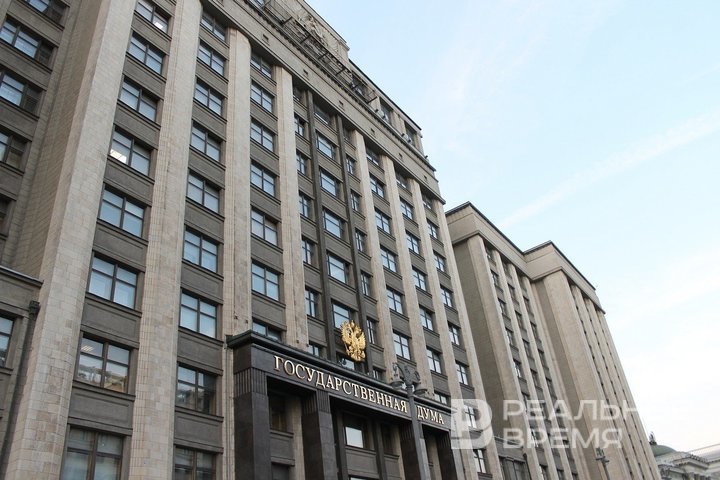
Such statistics not only hinder the integration of children into society, but also create additional risks for social stability and security. Mass non-attendance of schools by migrant children leads to the formation of ethnic enclaves and an increase in the number of offenses among minors.
“Establishing a mandatory requirement for all minor migrants in Russia to attend Russian schools; introducing a rule on the expulsion of a migrant's family in the event of systematic failure to fulfil this obligation, that is, if the child does not attend an educational institution without good reason,” she spoke about the necessary measures.
Let us recall that only 498 children of migrants (17% of the total number of applicants — 2,868) passed the selection exam in Russian, which is necessary for admission to Russian schools.
“What if the parents officially work?”
The editor-in-chief of the newspaper Labour Migrant Zakir Sariyev had a negative attitude to the idea. In a conversation with Realnoe Vremya, he noted that the initiative raises many questions:
“What if the parents of this child officially work? Why should we deport them then? We can't deport one child either. It is unclear here.”
In general, Sariyev criticized the initiative only in terms of deporting migrants. And forcing children of foreigners to go to school is a necessary measure.
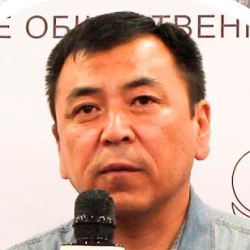
At the same time, such a large number of migrant children in the country, according to Sariyev, is a plus for the Russian economy — they can still assimilate:
“The older generation will not become Russian, but their children may well become practically native Russians and call our country their homeland. But they need help with this — give them the opportunity to learn Russian, traditions. This would be beneficial for Russia. Moreover, given the demographic crisis, artificial growth will not hurt us.”
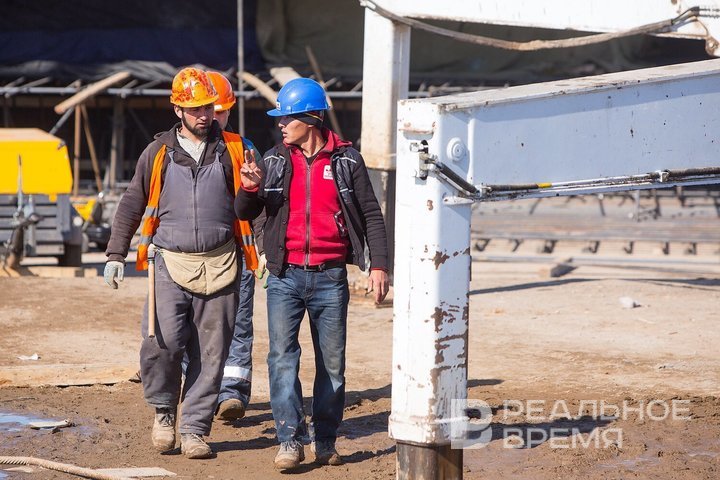
In addition, Realnoe Vremya’s expert believes that in fact there are fewer migrant children who do not attend school: “Almost all my friends sent their children to school. I do not think that this is true statistics.”
“Migrants should come without families”
Another speaker, member of the State Council of Tatarstan Eduard Sharafiyev, expressed an absolutely opposite opinion in a conversation with the publication. He also believes that the initiative is absolutely correct:
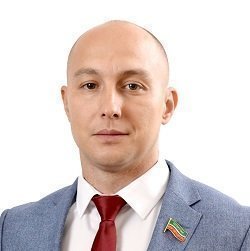
Moreover, the initiative is not enough, Sharafiyev noted. It is necessary to reduce the influx of migrants with families altogether, so that “there are no problems with the education of their children. This is a big burden on the social block.”
“I have repeatedly said that the policy towards migrants should be tightened. If we are talking about labour migrants, they should come without their families, work out their contract and leave. We should not allow them to bring their families. The work of labour migrants should be strictly on a rotational basis,” the deputy said.